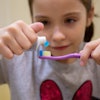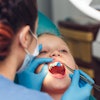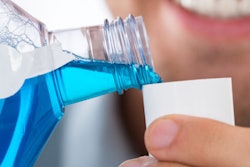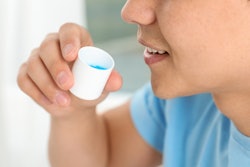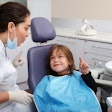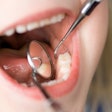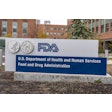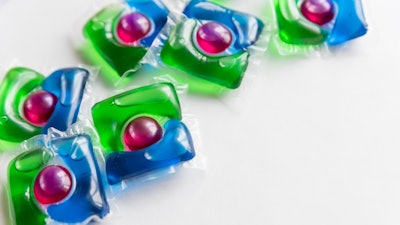
Dental professionals can play an important role in raising awareness about the health risks linked to colorful detergent pods used for household chores, suggests research published in the Journal of Dental Hygiene.
Researchers led by Dr. R. Constance Wiener from West Virginia University found that trends for detergent pod-related injuries requiring emergency department (ED) visits remained unchanged from 2016 to 2020 for oral-aerodigestive injuries and ingestion poisonings.
Concentrated liquid detergent pods were introduced in the U.S. in 2010. While the pods are designed to clean clothes, they may resemble candy for young children. Once a pod is ingested, the water-soluble membranes surrounding the pods dissolve, and the internal alkaline content can cause poisoning, chemical burns, and swelling of the upper airway.
The researchers wanted to examine trends involving ED visits for adolescents. Specifically, they looked at data recorded after 2015, when safety standards were put in place regarding detergent pods.
The team used data collected from the National Electronic Injury Surveillance System, with a secondary analysis performed on the data from 2016 to 2020 for children ranging in age from birth to 18 years old. It identified injuries as detergent pod-related oral-aerodigestive and ingestion poisonings, detergent pod-related ocular injuries, or other product-related injuries among children.
The study showed there were 13,176 detergent pod-related oral-aerodigestive injuries and ingestion poisonings and 8,654 detergent pod-related ocular injuries during the time period in children younger than 18 that required ED visits (J Dent Hyg, February 2023, Vol. 97:1, pp. 18-32).
The researchers also reported that there was no change during the time period in the rate of pod-related oral-aerodigestive injuries and ingestion poisonings. However, they reported a slight decrease in detergent pod-related ocular injuries. Additionally, all types of detergent pod injuries occurred more frequently in children age 3 to younger than 5.
The researchers suggested that since dental professionals routinely provide health and safety counseling to children and their parents, they should also include precautions about detergent pods. The team is also creating an emergency care resource sheet to serve as a takeaway for conversations between dental professionals and parents on this topic.
